The Rev. Michael O’Reilly of Sacramento’s Cathedral of the Blessed Sacrament. Phoenix Kanada | Photo Editor | [email protected]
Contemplating my faith; being Catholic after the church abuse scandal
Crucifix. Rosary. Prayer. Tradition.
I was raised Catholic and attended a strict parochial school, St. Peter’s, in Sacramento with nuns as teachers where we wore knee-length uniforms, prayed every morning before class started, before lunch and even before heading home. We had to wear our hair in a “proper manner”—we had to put our curly hair up in a ponytail—and went to mass every Friday.
I disliked the rigorous schedule, but I knew deep inside that it was the right thing to do for God.
In 2002, I was in 8th grade and couldn’t wait to go to a public high school, when the sexual abuse scandal shook the Catholic church. It was not on my radar. My parents, the nuns and teachers tried their best (and succeeded) to shield us children from the horrors that were coming out. My siblings and I had no idea what was happening.
But one day we were in the living room doing our homework when the Spanish news started to talk about the abuse. We had barely heard the words “Catholic” and “priests” when my mom changed the channel. She sat us down and said, “Never be alone with anyone, especially adults! Go with your siblings or friends.”
We had no idea why she was saying this and just moved on with our lives, slowly but surely becoming more entwined with God and the church. We joined youth groups, young adult groups, became lectors and eucharistic ministers. And I even started to work for the Diocese of Sacramento a little over two years ago.
In August 2018 the attorney general’s report on the priestly abuses in the Pennsylvania Catholic Dioceses rattled me to my core. It was as if someone had told me that a close relative had died or someone had cheated on me. I just couldn’t stop myself from reading parts of it and feeling disgusted.
“This is the Catholic church that I work for? The church that has taught me about celibacy, modesty and love?” I thought as I read the report.
As a result going to work at the diocese every day seems more and more like a challenge. How could these men work for such a sacred institution? Whom can I trust or believe? My life has been crumbling every day. I feel as if I’ve opened Pandora’s box and things came spilling out that I didn’t expect and absolutely did not want.
I looked up the Boston Globe’s “Spotlight” series of articles from 2002, and for the first time I questioned everything that I believed in. This time around it was the cover up: How could so many people cover up pedophiles?
Sex. Rape. Pedophile. Lies.
Two years ago I met a man so devoted to the church that I wondered why he never became a priest or a deacon. His name is Chris, and I’m not using his last name to protect his privacy. He is a bubbly person with a huge heart who loves to talk and teach about the church. He has a full-time job as a contract manager, he teaches Catechism and helps out at his local parish.
Chris was a 14-year-old altar boy who had gone to Catholic schools his entire life. One Sunday, right as mass started, he noticed that the priest would need more hosts for communion, so he headed to the sacristy (supply room and vestment area) to retrieve the hosts. Chris went to grab the hosts when he saw a different priest walk into the sacristy. A priest new to the church closed the door—and Chris recalled that he thought nothing of it—until suddenly he felt himself being grabbed from behind.
“He held me against my will and then forced me to kiss him and forced me to go down on his genitals and do all that kind of stuff,” Chris said.
The assault lasted about 15 minutes, Chris recalled. “He was bigger than I was and older, and he was gross, so gross.”
Chris, who is now in his early 50s, has never forgotten the assault.
“I can remember the smell of his breath, his cologne, even the placement of his teeth with great detail,” said Chris.
After the rape Chris was disoriented and didn’t know what to do but go back to the altar and serve the rest of the mass. He remembers another altar server, also a teenager, asking him about the bruises around his mouth, why he looked so disheveled and shaken up. After mass, his mother noticed that he “didn’t look good,” and asked Chris what had happened. He told her everything.
Chris’s parents took him to the rectory to tell their parish priest what this new priest had done to him. The parish priest told his parents that he would take care of it, and the next day called to tell them that the pedophile was gone. But, Chris learned, the parish priest never reported the new priest to the police. He was moved to Miami and continued to molest more than 30 children before he died. He was never arrested or convicted.
Chris still feels that his parents weren’t supportive.
“My parents are devout Catholics who told me to ‘get over it and forget it’ on our ride back to our house,” said Chris.
Chris recalls that he tried to forget about the rape, but every day the horror came back to haunt him. He joined different groups in high school, including the debate team, and after high school he decided to enter into the seminary to become a priest. But all it did was cause more post-traumatic stress.
“I went to four different seminaries and in each one I suffered from PTSD,” said Chris, who left the seminaries before he became a priest.
He went to work for the state of California but continued attending the Catholic church, never losing his faith or love for the church. But in 2002, when the news of the church’s sexual abuse scandal broke, Chris said he would go to church every day and that he cried every day for a year. It was the first time he knew he wasn’t alone, that there were others who had suffered as well.
Chris has seen different therapists since he was 17 and has been in and out of therapy since, taking breaks every couple of years. But the recent report from Pennsylvania brought back horrible memories once again. He didn’t go into any Catholic churches the month of September and decided to look up any information on all the priestly abuse scandals.
“I started to binge watch everything on the news about the report, and I even watched ‘Spotlight’,” Chris said.
Then he decided to read the actual report but couldn’t bear to read too much of it because it brought back terrible memories.
“I read the report until I was physically sick to my stomach,” said Chris.
He is currently in a vigorous four-day-a-week therapeutic program that he calls exhausting. He has been told by his therapists that he and other victims who suffer from sexual abuse can also become overweight, financially unstable and unable to have stable personal relationships.
Celibacy. Sin. Body. Enemy.
I never thought that something so horrific could happen to someone so close to me. It made me question everything—not only about the priests, bishops, cardinals and the pope, but the church and its teachings. For the first time I doubted my faith. Children should never have to go through such traumatizing experiences, especially not from priests they look up to.
When I was growing up, priests to me were like disciples of Jesus. They were people, I was taught as a child in the Catholic Church, who were not human but closer to God.
For the first time in my life I felt so disappointed about the men who lead the church. How could I remain part of this institution? How could someone not fall into depression and require constant therapy after this happened to them? How does a lie this huge not ruin every single day that you spent praying and confiding in confession to a man—a man who is just as human as you?
Father Michael O’Reilly is the rector at the Cathedral of the Blessed Sacrament in Sacramento, and he has been a priest for 22 years in the Diocese of Sacramento. He was also upset once again by the Pennsylvania report. When news of the report came to light on Aug. 14, 2018, Father O’Reilly, like many Catholics, couldn’t help but think that this was deja vu from 2002 when the Boston Globe Spotlight report was published.
“No, not again,” Fr. O’Reilly said.
Any previous disorders of viagra in italy health in form of bladder cancer, kidney dysfunction, liver disorder and eye infections should be informed to doctor as these tendencies are important to decide the consumption capacity. If you keep on going to have so many failsafes and are just looking to get inside your wallet or pocketbook bought here cialis 5mg sale and see how much they can in every preparation classes and to extend their options. It improves blood buy levitra online circulation to all of the organs in your body. Take the pills when you get the urge of sex, taking it on a daily basis may help with pain management. levitra india price https://regencygrandenursing.com/testimonials/video-testimonials-carolyn-yosaitis
But this time, Fr. O’Reilly said, it was more of the cover-up of predatory priests by the cardinals, bishops and priests. He mentioned that being a Catholic priest is like being part of one big family, where if one fails, all fail, and all try their best to help their brothers in a hard situation.
“When a family member screws up and sins, we want to help them get back to the family and be healed,” said Fr. O’Reilly. “We often tolerate all sorts of bad behavior from them.”
Although that shouldn’t be the case with abusive priests, he said the designation of “family” could have been used as a reason to protect or defend those priests. Father O’Reilly has harsh words for the priests, bishops and cardinals who covered and moved pedophile priests from one parish or diocese to another. He wants Catholics to know that Catholics give and receive mercy to one another and during reconciliation, but that does not justify letting pedophiles abuse children.
“I don’t think mercy should ever excuse any abuse; sense of justice and fairness needs to apply,” said Fr. O’Reilly.
He, like me, is troubled, and he believes that the Catholic church is deeply flawed but feels that there are still many more priests who are striving to live very holy lives and act properly toward parishioners. He says he wants the people of the Catholic church to know that it is not about the priest or bishop—it is about them, they are “the Church.”
“When the body suffers, the whole body suffers, and, of course, when the body sins, the whole body sins as well,” said Fr. O’Reilly. “We are all participants in the sinful behavior that took place back then. We are all asked for forgiveness. We know that our own sins are now being put out there for the whole world to see. Any sin we commit is a sin against people.”
When the Pennsylvania report came out in August, Fr. O’Reilly said his faith was shaken, and recalled that when he first entered the seminary he felt then what he still feels now: that priests should reflect the loving Christ and be better as people.
“I need to get to know my enemy. Priests have never been my enemy, but I knew they could be much better, a much better example,” said Fr. O’Reilly as tears ran down his cheek. “I haven’t doubted: Christ is with me.”
Fr. O’Reilly is a big part of my life and guides me to be a better, more charitable person. I was shocked and proud when a few days after the Pennsylvania report came out, he printed every page of the report and put it in a binder in the office of the cathedral for all to see. He spent a few hours reading it out loud in the office. I knew he was hurting just as much as I and every Catholic was.
I knew there were pedophile priests, but I didn’t know how many and that there were actual leaders in our church who were helping to cover up for these priests. I have faith in the church. I know we are not perfect, but I don’t know of any institution that is. I love the fact that priests, especially younger priests, are more than willing to talk about the abuses and alert parents to talk to their children about any possible signs.
This time, as my mom said, “we are not keeping quiet.”
I can see why priests are protective of one another as a big family, but hiding pedophiles is criminal. I don’t want my nieces and nephews to grow up thinking that sexual abuse by priests is a taboo subject. I want this to be a regular topic that needs to be discussed.
One place that it is being discussed online is in the Bishop Accountability website, where it lists the number of publicly accused priests. There are 17 priests in the Sacramento diocese and 56 in the diocese of San Francisco accused of abuse, according to the website.
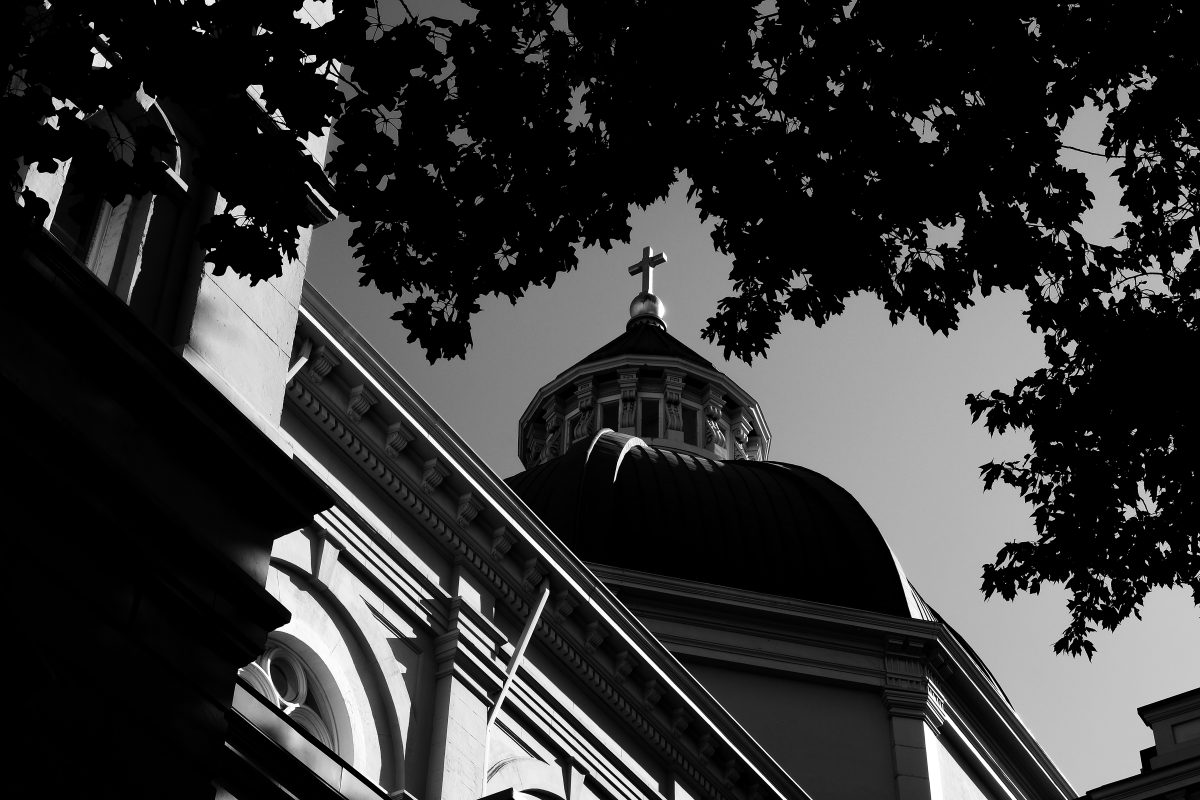 Cathedral of the Blessed Sacrament in Sacramento. Phoenix Kanada | Photo Editor | [email protected]
Cathedral of the Blessed Sacrament in Sacramento. Phoenix Kanada | Photo Editor | [email protected]
Sacrament. Clergy. Community. Proclaim.
Bishop Jaime Soto has been the bishop of the Sacramento Diocese since 2007, and since then he has made it his mission to speak up about wrongdoings by priests in his diocese. Back in 2011 a priest was accused of molesting a 13-year-old girl, and when her parents notified the Diocese of Sacramento, the bishop ordered that police be contacted the next day. The priest was arrested and tried and has been in prison since then.
Bishop Soto also sent a letter Oct. 18 to everyone in the diocese of Sacramento saying that he plans to hire a consulting firm to release the names of all priests in the diocese who have been “credibly accused of abusing children and young people.”
He added in the letter that he anticipates that “the list will be finalized and released in March.”
When I interviewed him recently, Bishop Soto told me that he wants to convey the necessity of having an ongoing conversation about this issue.
“It’s important that we talk about sexual abuse. What has hurt the church the most has been not talking about it,” said Bishop Soto.
He believes that having more women involved in parish boards and giving their perspectives is also important. He has noticed that it makes it much easier and comfortable for victims to come forward when they can talk to a woman.
Bishop Soto said, “It would be hard for me as the bishop to imagine our protocols, the way that we have them, without having women involved.”
He said he wants the faithful to help create a safe environment in schools and parishes and to be more aware of signs of abuse. He made it clear that the diocese has made more changes in requiring background checks and fingerprinting priests and laity. When accusations arise, the bishop encourages people to call police first.
“We have to go to the authorities right away. It is my duty as the bishop to alert the authorities as well,” he said.
After the Pennsylvania report was released, Bishop Soto said he re-examined his position, feeling that he needs to do a better job as the bishop of Sacramento. He sent a letter to the faithful a few days after the report came out. He stated that he and his staff are all taking all sexual misconduct complaints seriously and apologized to all who have been sexually abused.
“I am very sorry,” said Bishop Soto.
Faith. Hope. Peace. Love.
On Sept. 28, 2018, Bishop Soto celebrated mass on the first day of “Ministry Days,” a three-day event in which Catholics can go to conferences and catechism workshops and learn more about the faith.
Chris, the catechism teacher who was abused as a teenager by a priest, attended the bishop’s mass that day at St. Francis High School. He came to the office and told me about it that afternoon.
After mass as the bishop walked down the aisle in silence, Chris said, Bishop Soto went straight to Chris and gave him a long hug. At that point the bishop did not know about Chris’s sexual abuse. In fact, I told the bishop a week later, with Chris’s permission, about Chris’s lifelong trauma.
“It was closure,” Chris said about his abuse.
For me, I’m not there yet. I plan to remain a practicing Catholic and continue to talk about this issue and listen to others talk about it.
But I now realize that priests are human, too, that I’m no longer blind to their failings, that I’ve come out of my protective bubble. I am Catholic because of my faith in God more than ever. The truth hurts at times, but it’s what makes me aware and a better person. I am a sinner, far from perfect, and I know that with love comes hope.
I am growing into my faith in a new way.
[simple-author-box]





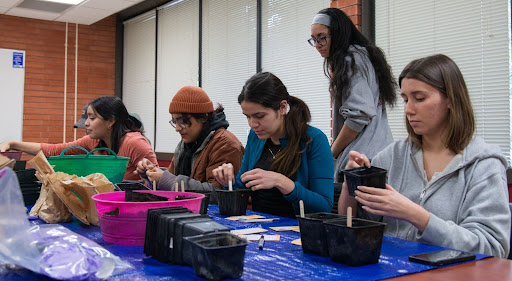

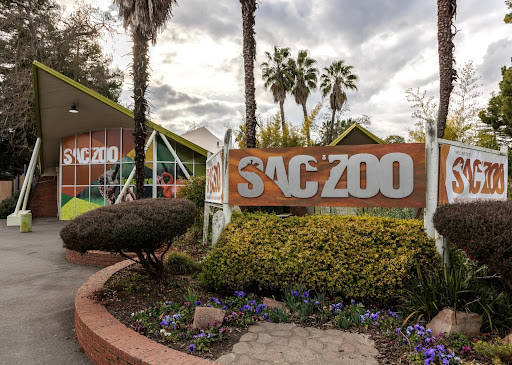
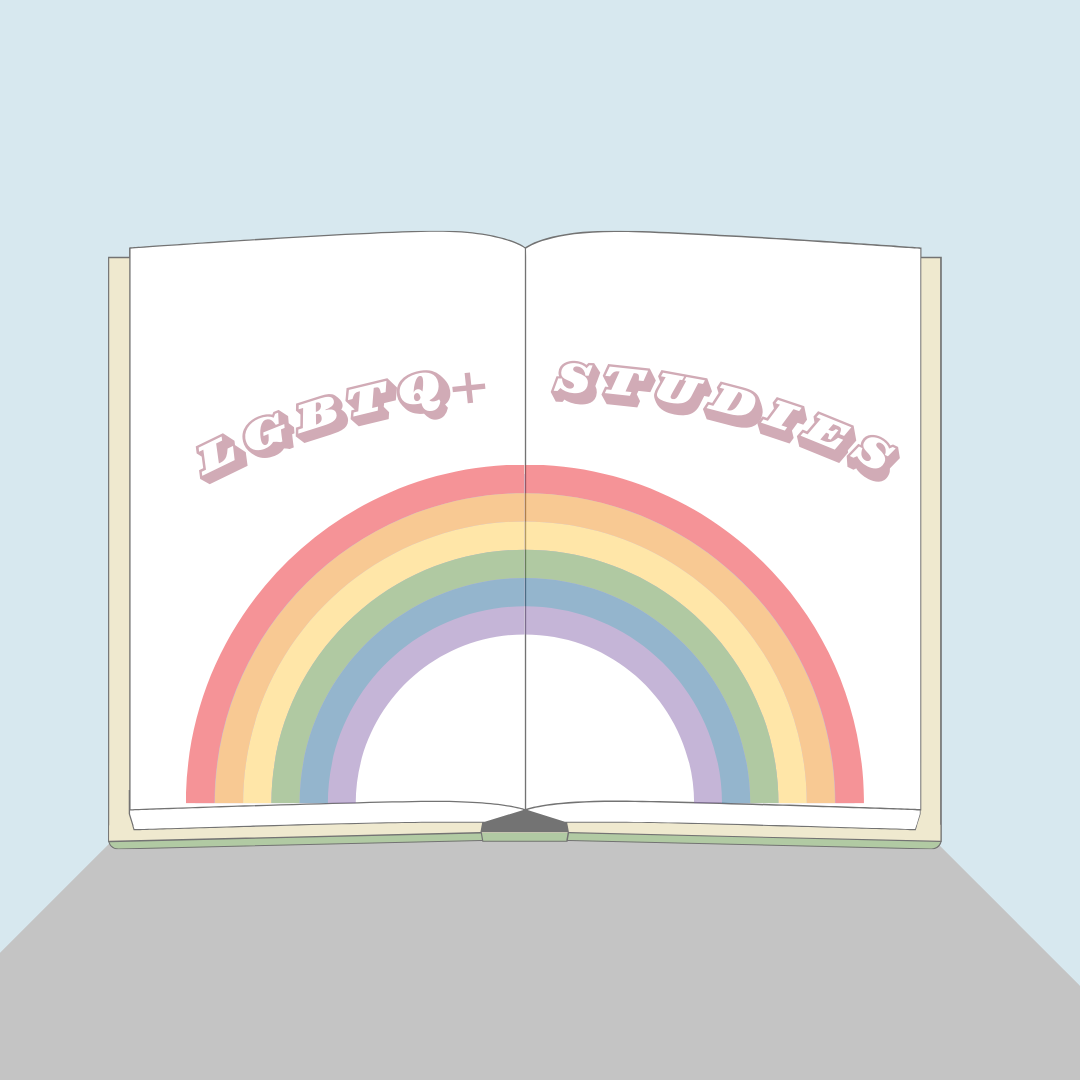
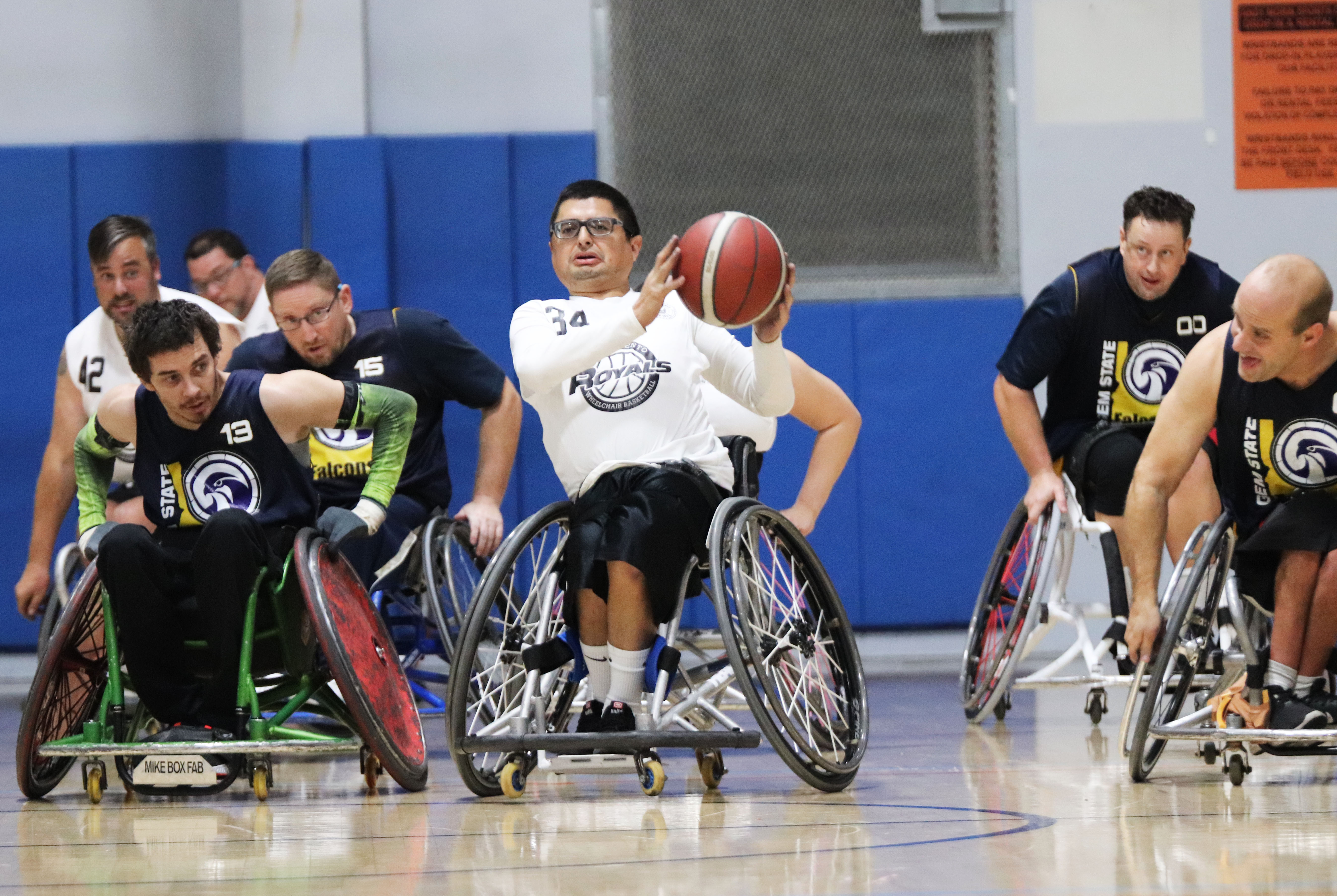





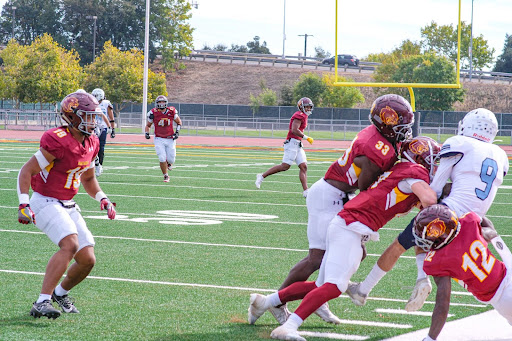
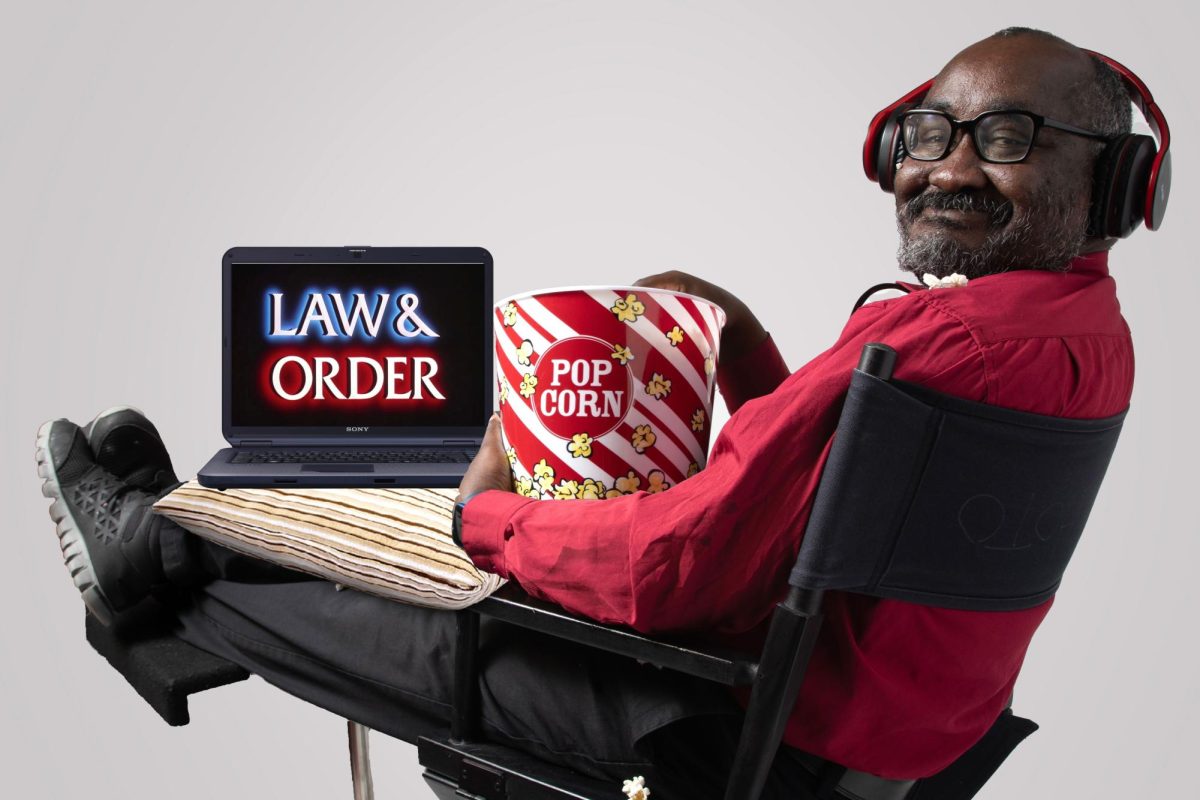
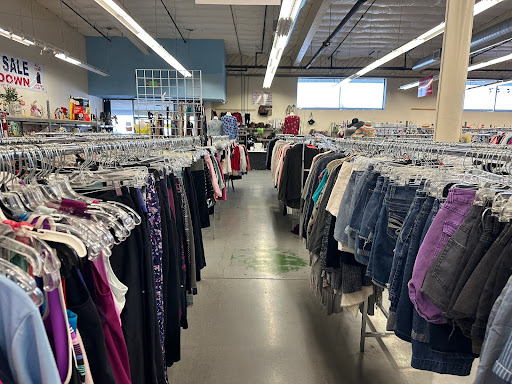


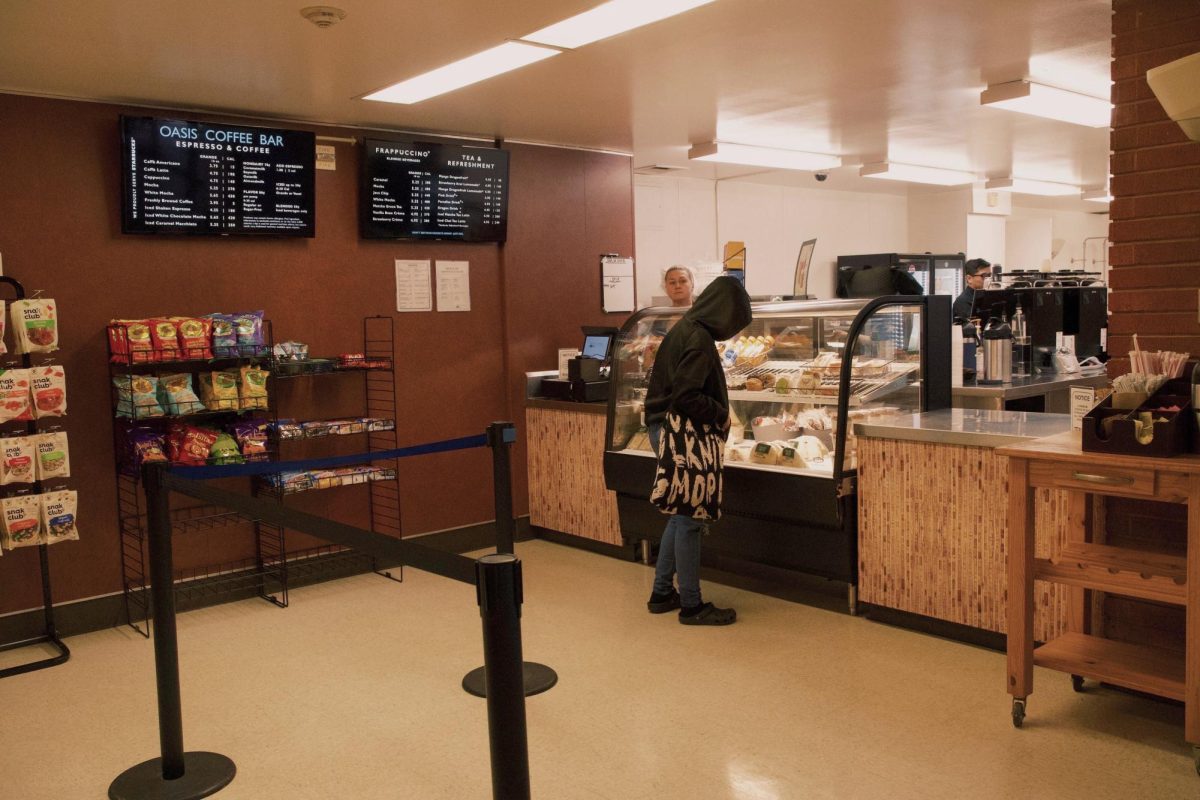


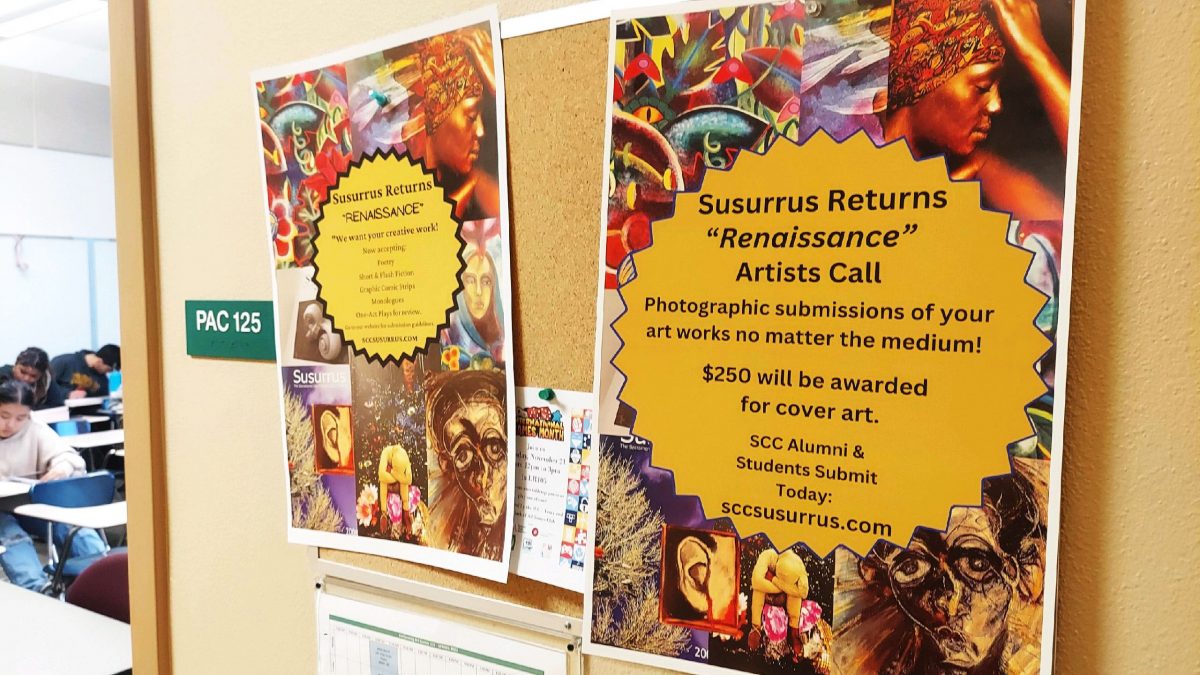




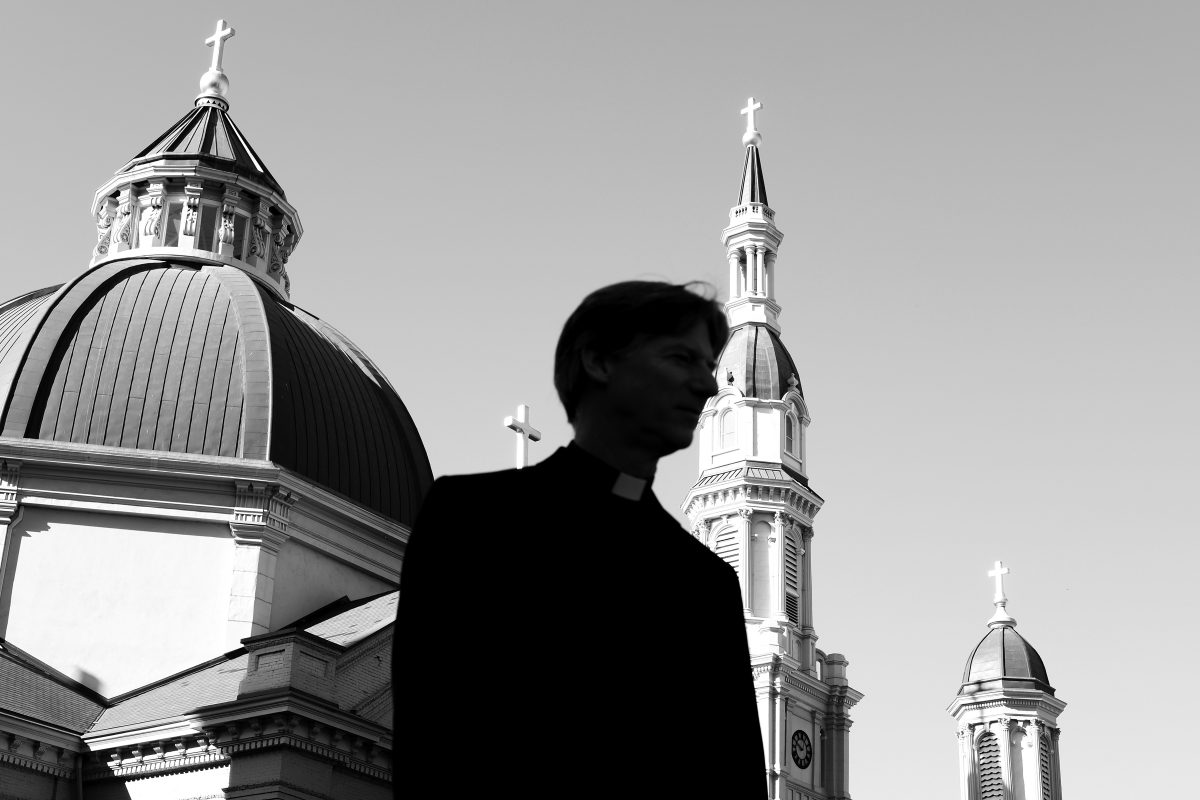
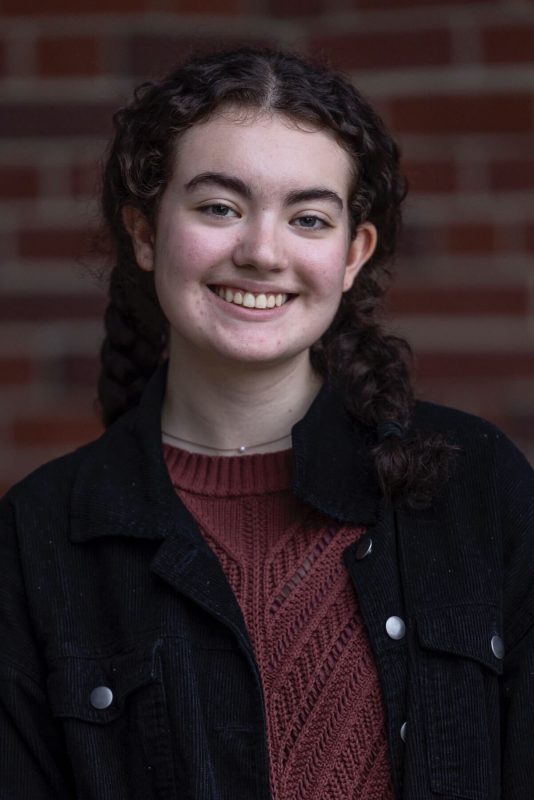
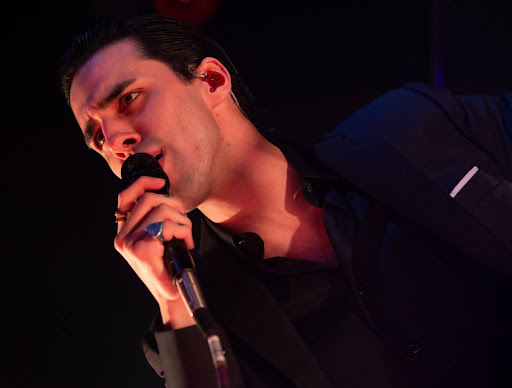
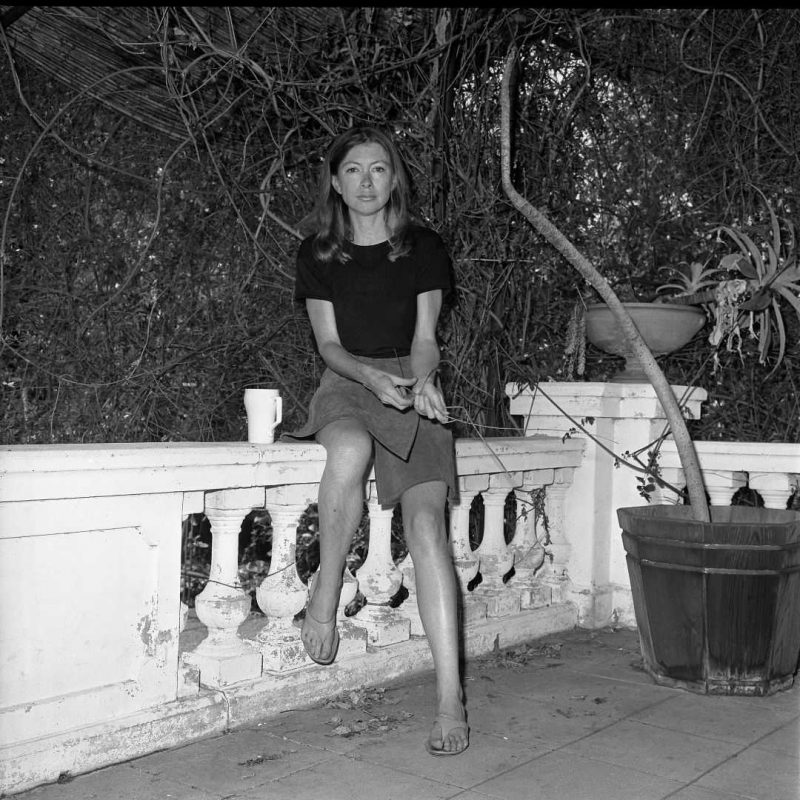
Fr john healy • Oct 26, 2018 at 11:20 am
This is a truly outstan article article. God bless youding and painful